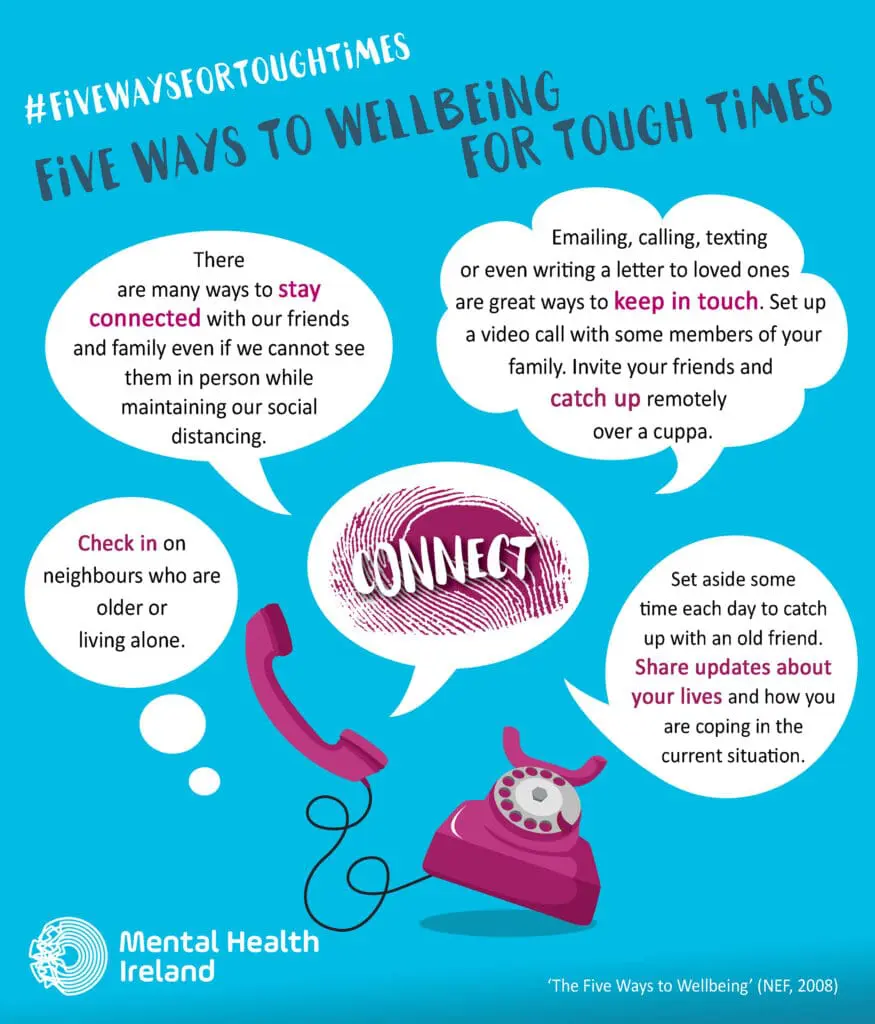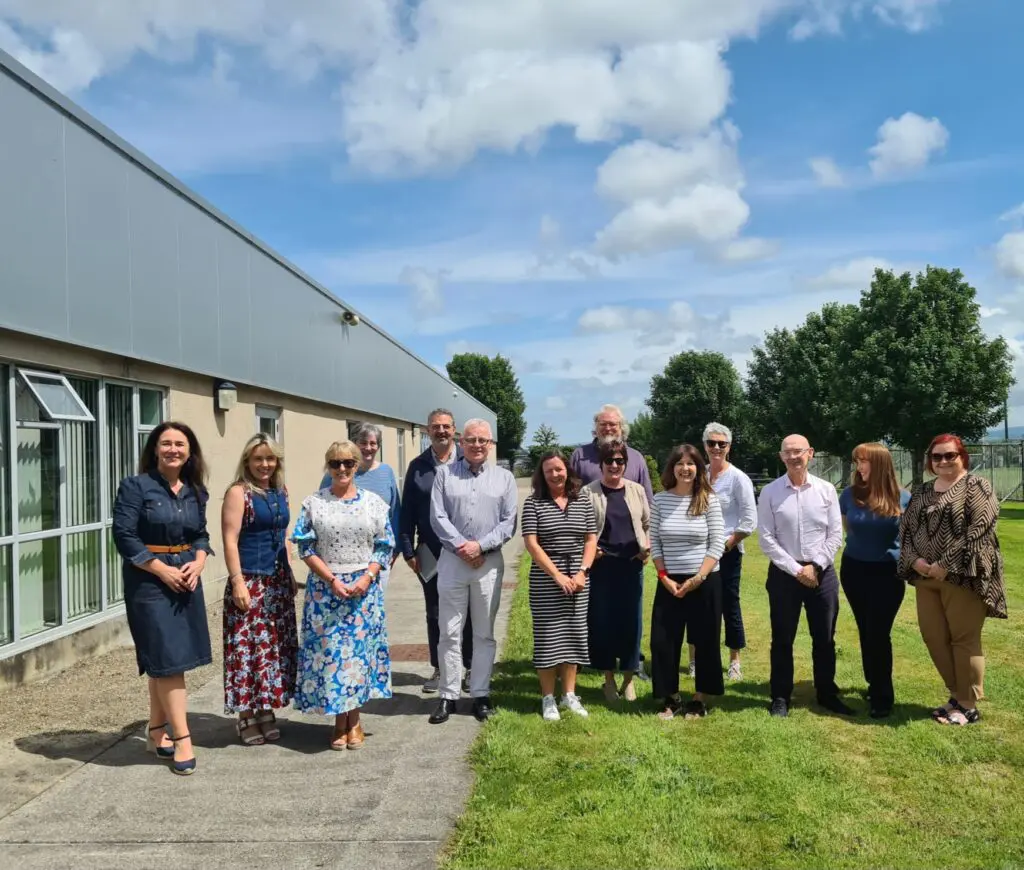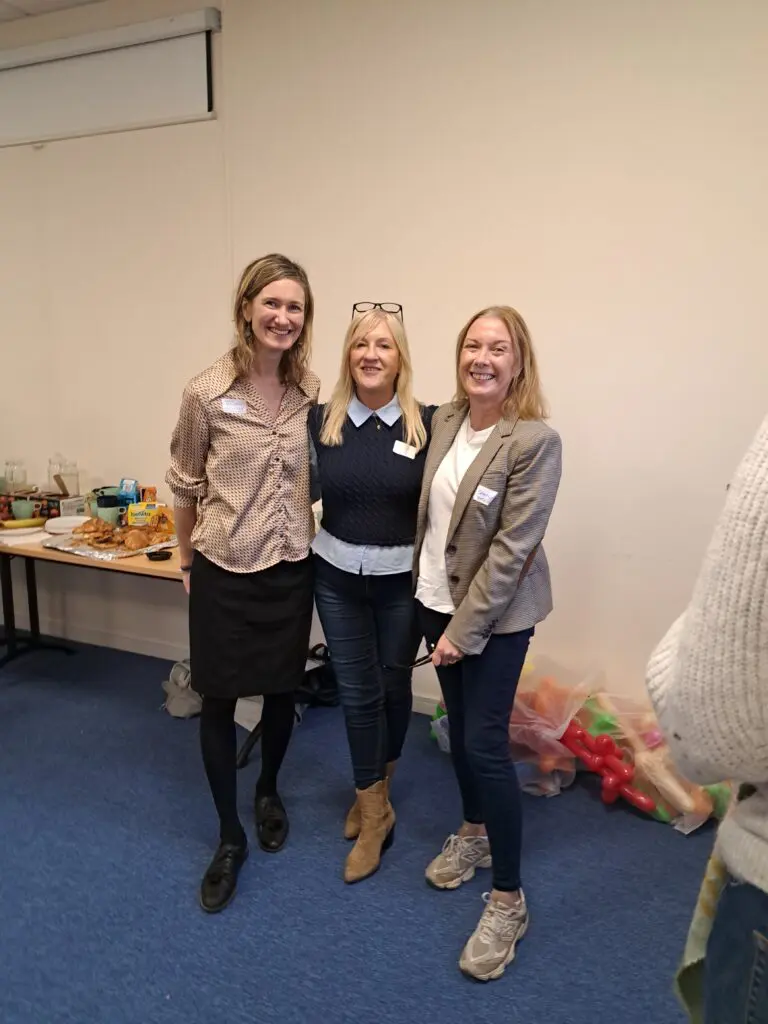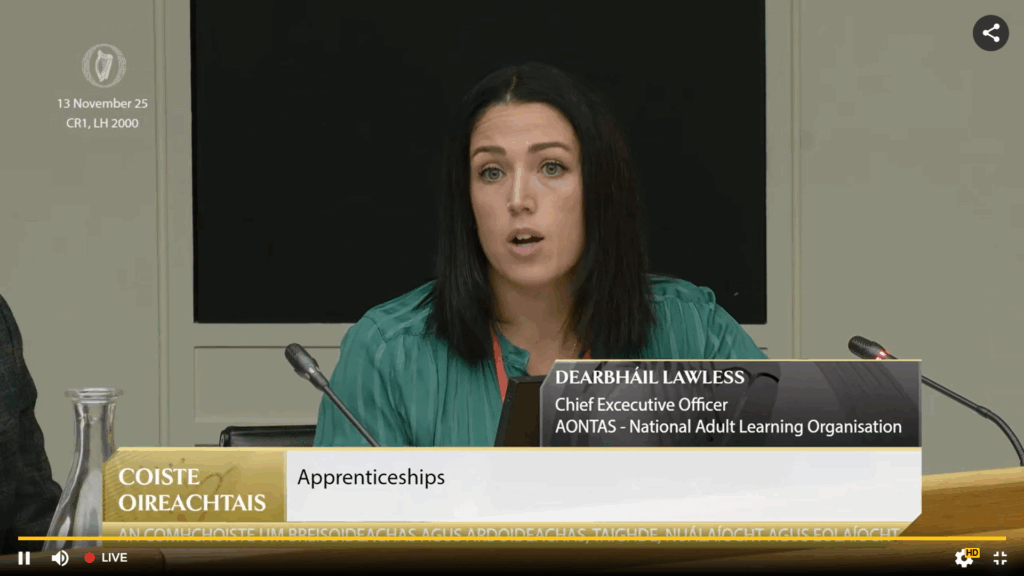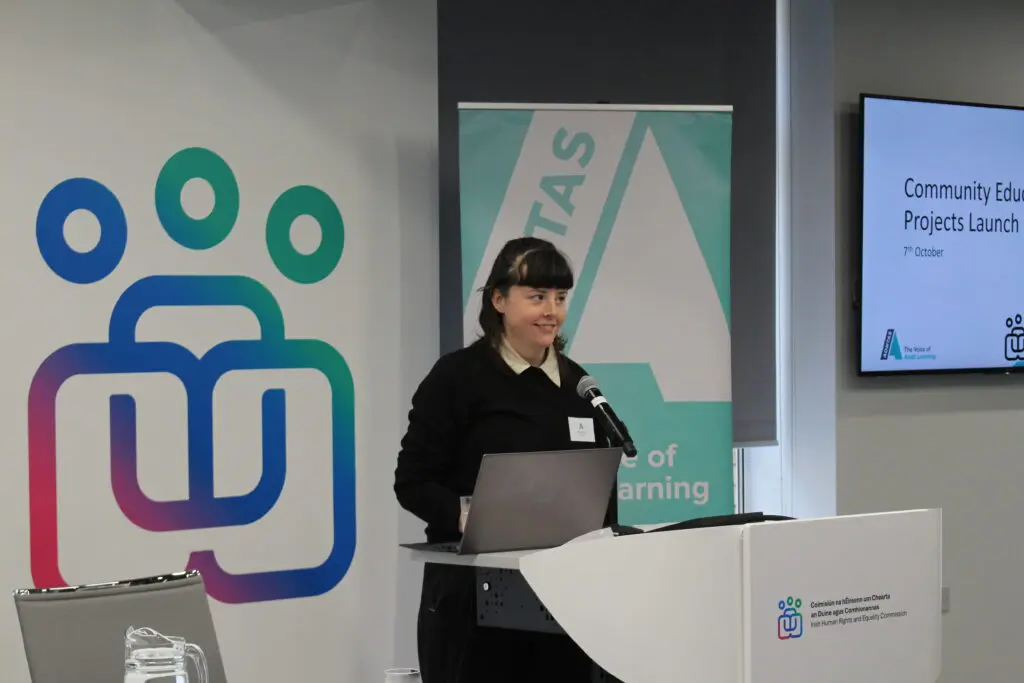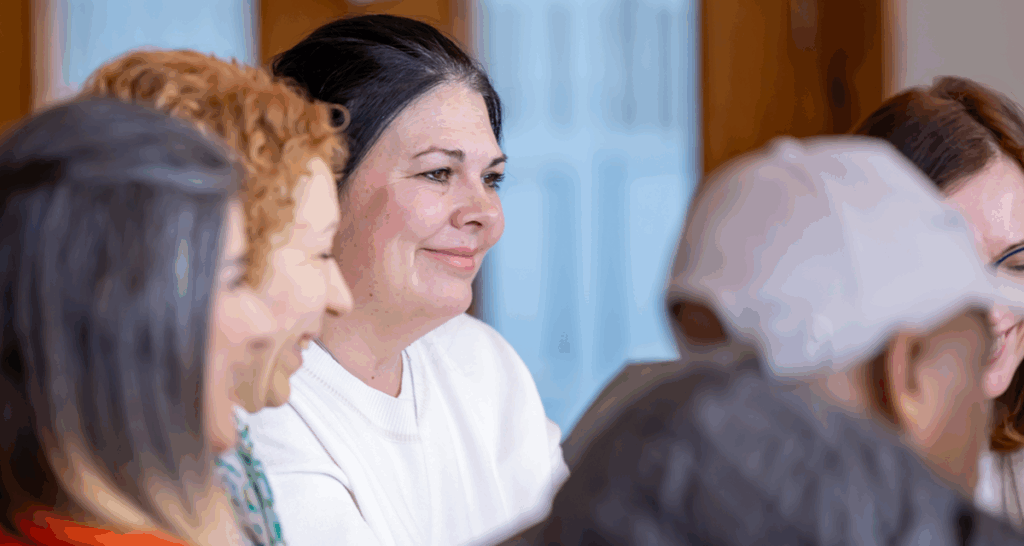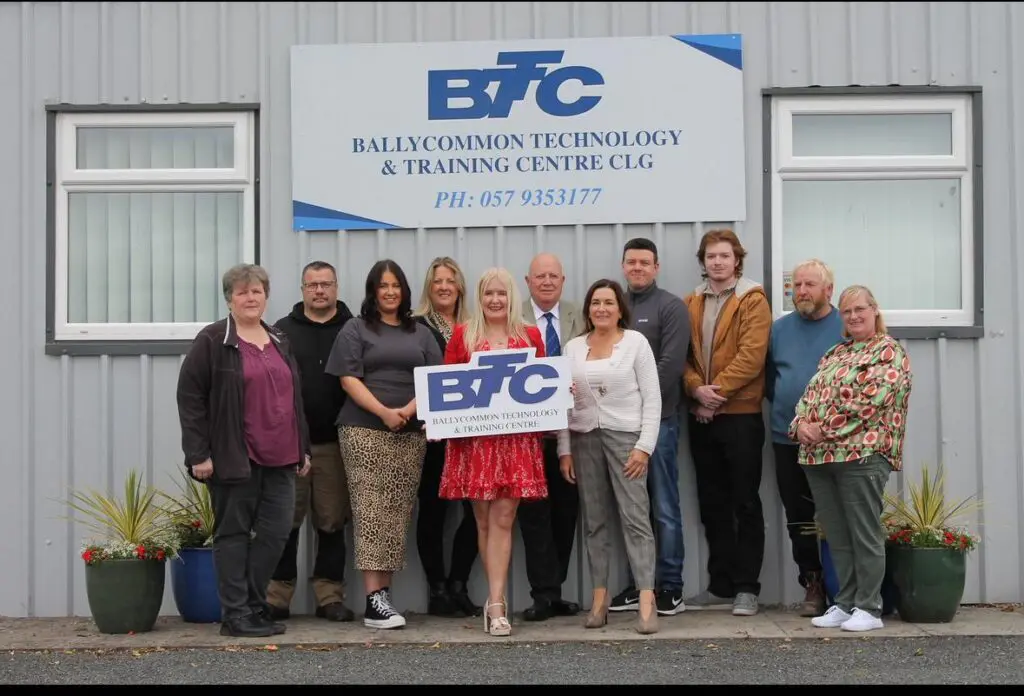Our 16th edition of the AONTAS Membership Update and Engagement Webinar saw Finola Colgan from Mental Health Ireland focus attendee’s attention on three main areas:
- Exploring understandings of what mental health and wellbeing is
- Discussing holistic views of health
- Applying the ‘Five Ways to Wellbeing’ as an evidenced-based strategy to support wellbeing in ourselves and others
Certainly, since March everyone has been experiencing and can relate to challenges around mental health. The ongoing health emergency has made peer-support and human connection even more vital than ever.
Stress and Resilience
As Finola put it, “sadly, we know the COVID has left an awful lot of people’s health very fragile, not only physical health but mental health too, and the whole psychological aspects of that”; so, in responding to AONTAS members’ needs and suggestions a practical session was arranged with Mental Health Ireland for adult educators in community settings.
Finola referred to pre-pandemic life and the subsequent lockdown to highlight how stressful and busy everyday life has been, and how educators and learners alike can become accustomed to stressful environments. Adapting to such circumstances in a healthy way relies heavily on and, in turn, develops what is known as ‘resilience’. This is a very important trait and life skill which people returning to education know all about because they have had to be resilient and bravely take that step. Many adult learners also develop their resilience through supportive and transformative courses and provision which aims to progress personal growth and increase self-confidence.
“Learners are looking to grow, develop and expand their opportunities.”
– Finola Colgan
When Finola asked AONTAS members to describe the environment of community and adult education pre-COVID-19, respondents gave answers such as “busy”, “stressful”, and “long hours”. There was agreement that, even pre-COVID-19, the busy nature of community education work can place pressure on educators. However, adult and community education has strong potential to build positive mental health as well. Finola raised the fact that the act of learning something new has been identified as one of the key ways to improve one’s mental health.
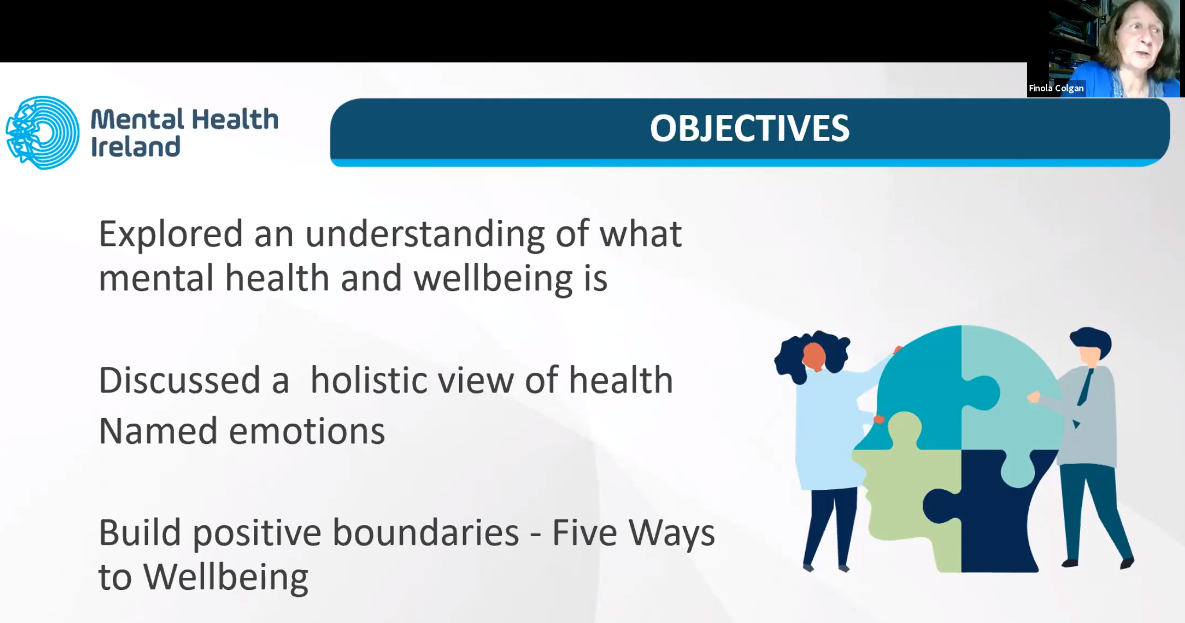
A Holistic Approach to Wellbeing
Finola then talked participants through a more holistic approach to managing our wellbeing. She described how important it is to ensure harmony between a number of areas within our lives. The emotional, physical, mental, spiritual, social and sexual dimensions require our awareness and understanding this can go a long way to improving wellbeing. Giving the example of the popular animated movie Inside Out, Finola talked about how unconscious emotions and feelings underly our actions and thoughts. Continuing with the example of the emotional dimension, she said that while it’s important to acknowledge our feelings for ourselves it is also vital to appreciate them in relation to being educators and being aware of these dimensions interrelate in learners’ lives too.
While there can be many valid reasons for feeling angry or sad and so on, it is always a good idea to check in with yourself and be aware of them. She said that talking to someone like a trusted friend or a trained professional can be a great way to become more aware and better understand the relationship between emotions and the other dimensions which can greatly improve your wellbeing and that of those around you.
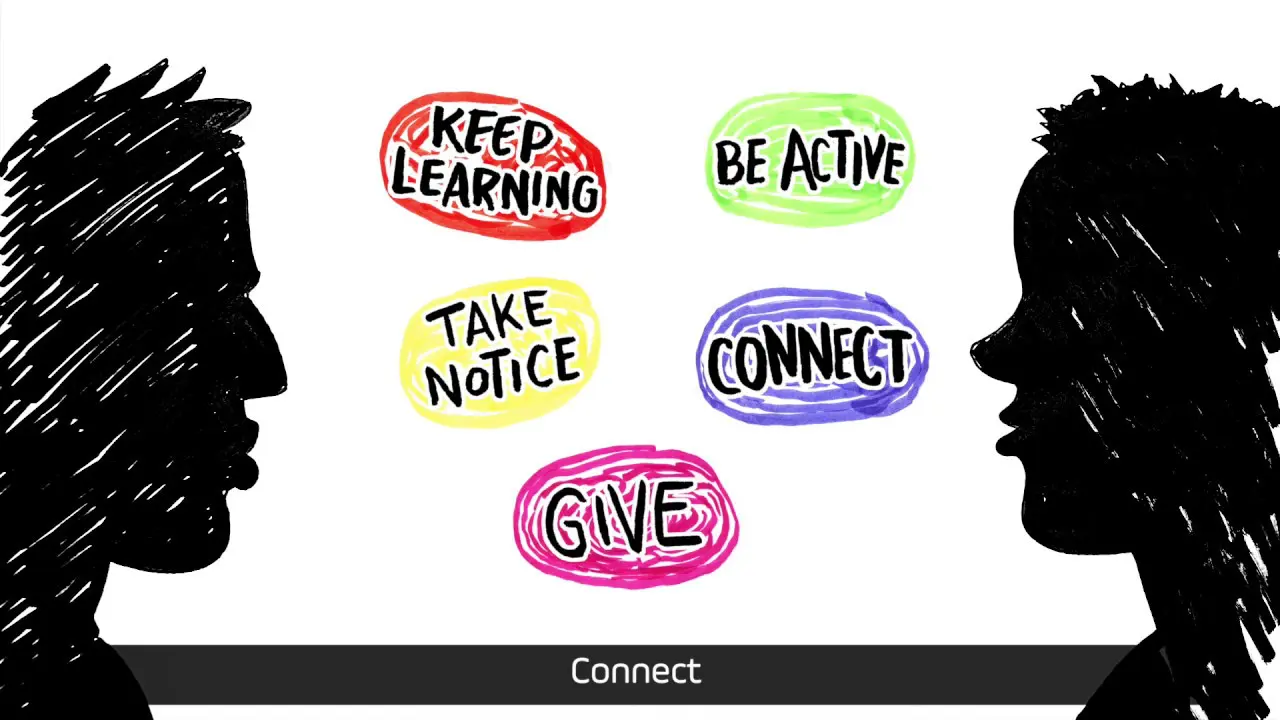
‘Five Ways to Wellbeing’
The presentation then looked at some core activities we can all invest in ourselves that will improve our wellbeing and that of those around us. These included:
- Connect – Connecting with yourself and people in your lives, and within your community
- Be active – Physical activity and getting being involved in projects
- Take notice – Be mindful of your environment and of those around you, and be present
- Keep learning – Trying new activities and learning new things
- Give – Supporting others
For more information on the Five Ways to Wellbeing visit: https://www.mentalhealthireland.ie/five-ways-to-wellbeing/
During the breakout rooms, AONTAS members discussed the wide range of benefits which the ‘Five Ways’ could contribute to improving our lives and learning spaces. As one member said: “Good to be reminded of those five steps or we could all become isolated” and as another member mentioned the importance of reflecting on recent months and “understanding that the current unknown is anxiety inducing but that we are all in the same situation helps”.
Conclusion
Finola’s presentation made a number of aspects about wellbeing clear; not least the importance of minding our own and each other’s mental health in coping with the current crisis. One significant aspect which the webinar highlighted was that adult and community education already centre’s around, and is very well placed to improve health and wellbeing. In fact, many, if not all, of the Five Ways to Wellbeing lie at the very heart of adult and community education provision.
In a fundamental sense, perhaps one of the sector’s most overlooked and undervalued contributions to learners’ lives, and their communities, goes beyond its achievements in overcoming educational disadvantage and breaking down social inequalities; it also includes improving individuals’ and the collective wellbeing of Irish society as a whole.
To learn more about Mental Health Ireland contact Finola via email: info@mentalHealthIreland.ie or visit their website here.
All Webinars are free and open to members
If you would like to become a member vist our membership section here. You can also contact Communications and Membership Officer Barry Dolan at: bdolan@aontas.ie
To register for future webinars visit our events page here.
